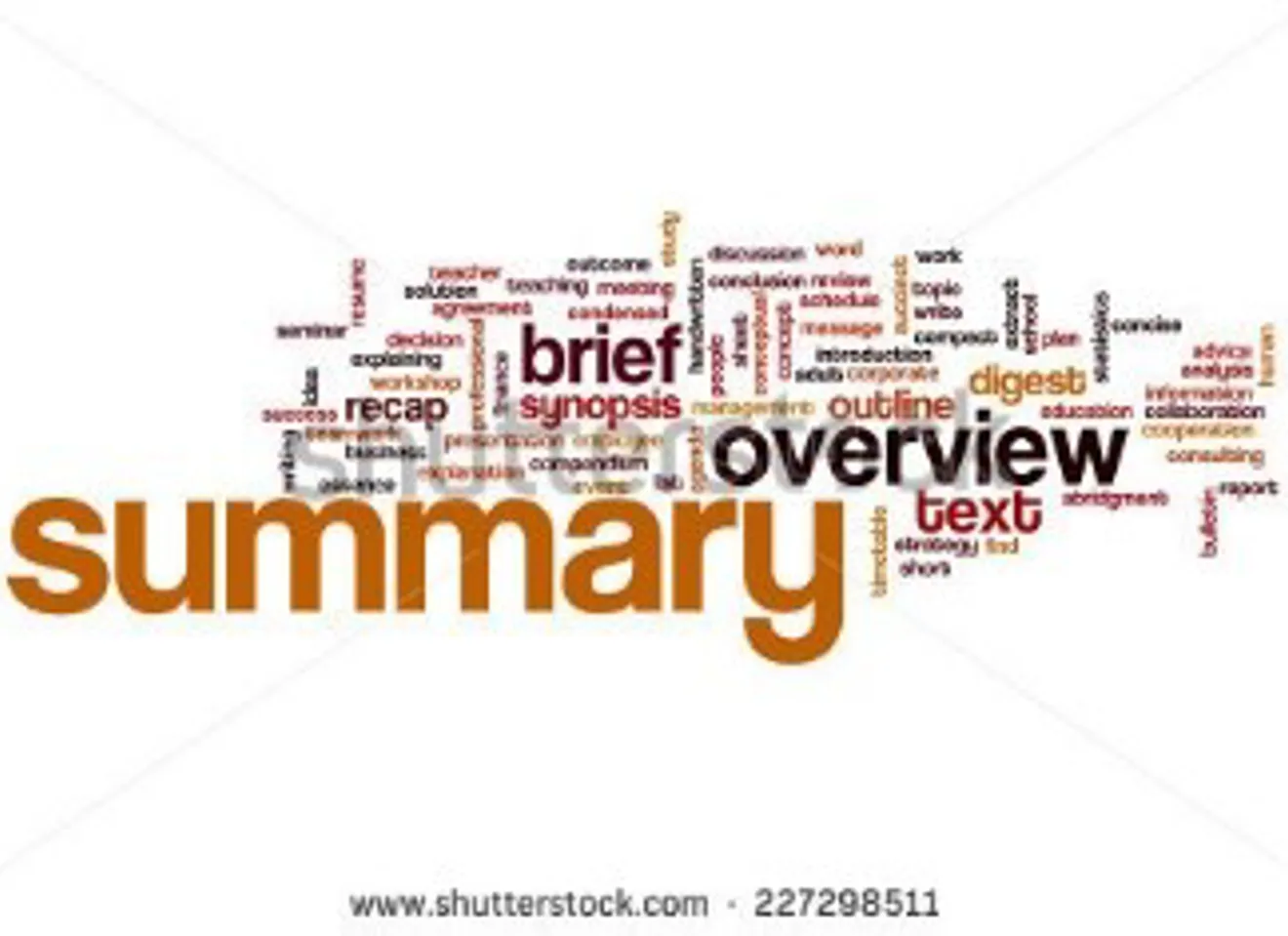
Working in Norway
Let’s be perfectly clear: Writing the Summary on your CV
The fact that there is no clear right or wrong in resume writing frustrates some job seekers, especially engineers, whose training has focused on the importance of getting whatever they’re designing, building, etc. exactly right. After all, a poorly constructed highway overpass would be proof that somebody had clearly gotten something wrong somewhere along the …
The fact that there is no clear right or wrong in resume writing frustrates some job seekers, especially engineers, whose training has focused on the importance of getting whatever they’re designing, building, etc. exactly right. After all, a poorly constructed highway overpass would be proof that somebody had clearly gotten something wrong somewhere along the way.
Not so with resume writing, where there is no right or wrong, just better…and bad?
While it won’t lead to an overpass collapsing, unclear writing might mean no interviews come despite your having sent out resumes for jobs you’re sure you’ve been qualified for.
But have you been unclear from the start?
I’m talking about the relatively new feature of resume writing, the Summary, which appears at the top of the page under your name and contact details.
As with most new trends, sometimes people jump on them without really understanding what they’re doing.
Consider the following example I got in the other day:
Summary: I want to be a part of your company and excel as a petroleum engineer. I would like to work with other professionals to improve my skills and knowledge which will allow me to further contribute in the field of petroleum.
This language is so vague that the reader’s/hiring manager’s eye will skip right over it and go down to the writer’s work experience and education. I mean, who wouldn’t want to ‘excel…improve skills and knowledge…and further contribute…’?
But what does this person really want to do? What can they do? No clue.
It’s a shame, as this opportunity to answer these two very important questions has been wasted.
This person needs to help the reader slow down and take a good look at their job goal by spelling out what it is they can and want to do.
Meaning the writer above should put down something along these lines:
Summary: I’m looking for a job where I can put my broad knowledge of software programs related to the petroleum industry to use and where I can work in the areas of simulation, history, matching, optimization, well testing and type curve analysis.
…to which the reader responds by thinking, “Hey! Here could be someone who could fill the opening we have now in our [fill in the blank] department.” And he/she puts your resume in the ‘Potential Interviewees’ pile instead of the one headed for recycling.
Could this work for you? I hope so. Remember, while there’s no absolute right or wrong here, there’s definitely okay and lots better…and best.
Take the time to think through what it is you’re really looking for when you write your Summary, and you’ll know you’ve done your best to state clearly what you can do and want to do at work.



